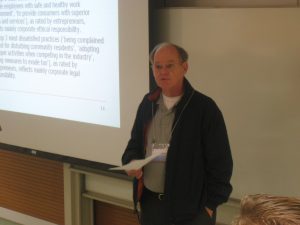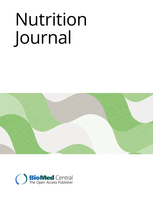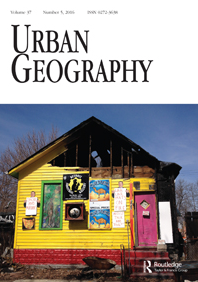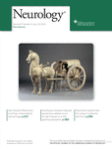 PLOS ONE has issued an expression of concern (EOC) for a 2014 math paper after readers raised concerns with its algorithm.
PLOS ONE has issued an expression of concern (EOC) for a 2014 math paper after readers raised concerns with its algorithm.
According to the first author of the paper — Hafsa Athar Jafree from the University of Karachi in Pakistan — none of the authors agreed to the EOC notice. She told us the paper contains a few typos, which may have made it unclear to some readers, but said the authors had provided all of the necessary information to “justify the presented algorithms.”
A PLOS ONE spokesperson told us the journal decided to issue an EOC after consulting the editorial board, which raised significant concerns about the study.
In 2014, the journal issued a correction to the study to fix several equations in the original article.
Here’s the EOC, posted July 25: Continue reading PLOS ONE flags math paper over algorithm concerns







